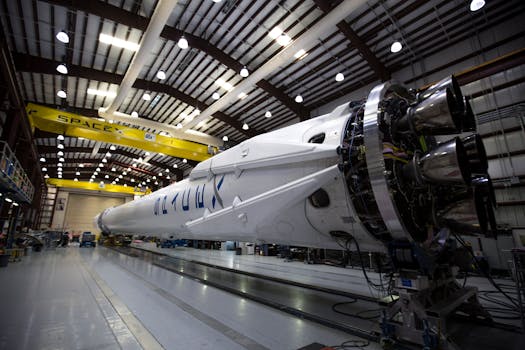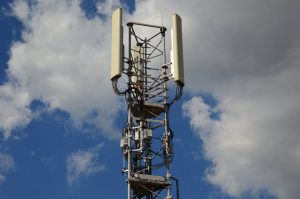
MEO Satellites: Revolutionizing Global Connectivity with Medium Earth Orbit Technology
MEO satellites, or Medium Earth Orbit satellites, are a type of satellite that orbits the Earth at an altitude of approximately 2,000 to 36,000 kilometers. This range is higher than Low Earth Orbit (LEO) satellites but lower than Geostationary Orbit (GEO) satellites. MEO satellites are revolutionizing the way we communicate and access data globally, offering faster and more reliable connections than traditional GEO satellites.
How MEO Satellites Work
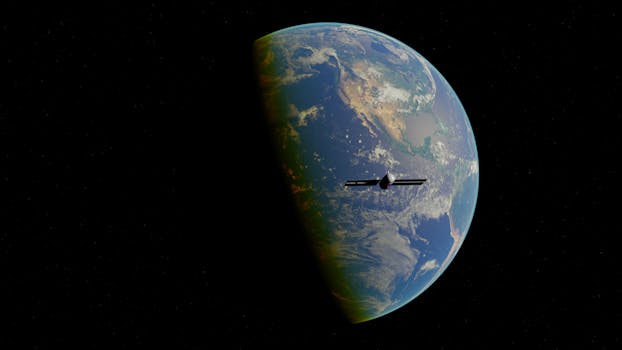
MEO satellites work by transmitting and receiving data to and from Earth stations, which are specialized facilities that communicate with the satellites. The satellites use a combination of antennas, transponders, and amplifiers to receive and re-transmit signals. MEO satellites are often used for telecommunications, navigation, and weather forecasting applications.
Benefits of MEO Satellites

MEO satellites have several benefits over traditional GEO satellites. One of the main advantages is their lower latency, which is the delay between the time data is sent and the time it is received. MEO satellites have a latency of around 50-100 milliseconds, compared to GEO satellites which have a latency of around 250-300 milliseconds. This makes MEO satellites ideal for real-time applications such as video conferencing and online gaming.
Applications of MEO Satellites
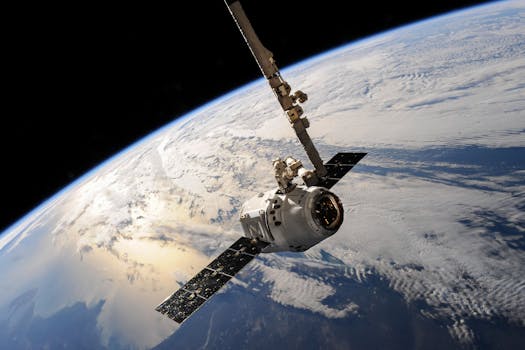
MEO satellites have a wide range of applications, including telecommunications, navigation, and weather forecasting. They are also used for Earth observation, remote sensing, and space exploration. MEO satellites are particularly useful for providing broadband internet access to remote and underserved communities, where traditional fiber-optic connectivity is not available.
Challenges and Future Developments
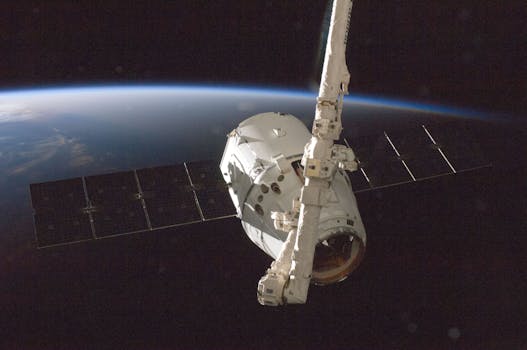
Despite the many benefits of MEO satellites, there are also several challenges associated with their development and deployment. One of the main challenges is the high cost of launching and maintaining MEO satellites, which can be prohibitively expensive for many organizations. Additionally, MEO satellites are vulnerable to interference from other satellites and terrestrial systems, which can affect their performance and reliability.
However, researchers and developers are working to overcome these challenges and improve the performance and efficiency of MEO satellites. Advances in technology, such as the development of more efficient propulsion systems and more advanced materials, are expected to make MEO satellites more affordable and reliable in the future.
See more:
